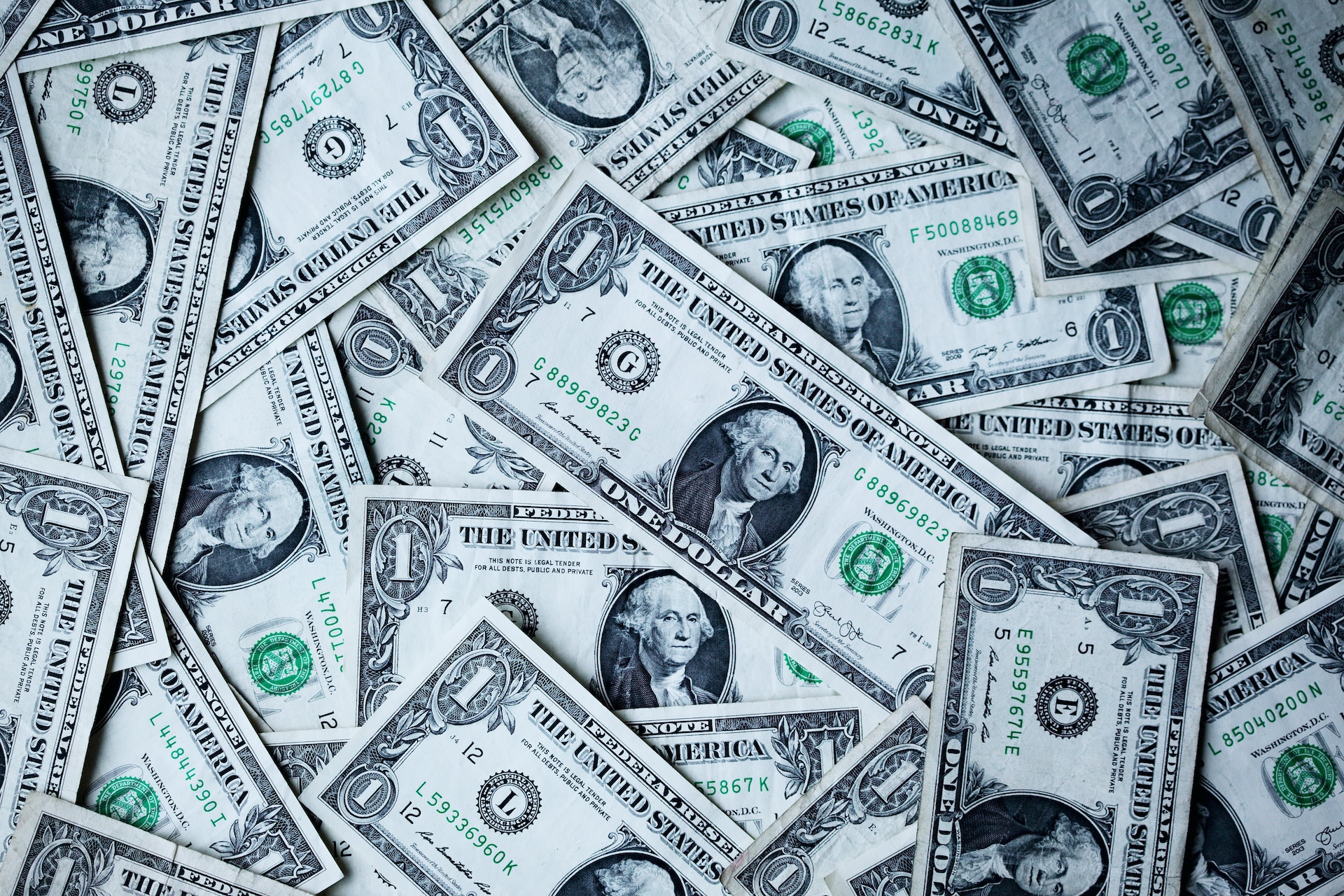The role of banks in facilitating financial crimes is not a new phenomenon. However, recent accusations against Credit Suisse have sent shockwaves through the global community. In particular, the bank is being accused of aiding and abetting Nazi criminals during World War II. It has led to senators demanding accountability from Credit Suisse for their alleged involvement in these heinous acts. Join us as we explore this shocking revelation and uncover Credit Suisse’s history with Nazi Germany while delving into the aftermath of such financial crimes.
Accusations Against Credit Suisse
The accusations against Credit Suisse are serious and have garnered widespread attention. The bank is being accused of facilitating financial crimes during World War II, specifically aiding the Nazi regime in their atrocities. These allegations are not new and have been circulating for some time. However, recent investigations have shed more light on Credit Suisse’s involvement in these crimes.
The bank has denied any wrongdoing, stating that they were not involved in any illegal activities during this period. Nevertheless, evidence suggests otherwise, with reports indicating that Credit Suisse may have played an active role in facilitating the transfer of funds to support Nazi criminal operations.
These revelations are disturbing and raise questions about the role of banks in such heinous acts. It is essential for institutions like Credit Suisse to be held accountable if found guilty of engaging in such practices. Such actions undermine global trust in financial institutions and must be rooted out wherever they occur.
As investigations continue into these allegations against Credit Suisse, it remains to be seen what consequences will follow if they are found guilty of abetting Nazi criminals during World War II.
Senators’ Response to the Accusations
When the accusations against Credit Suisse surfaced, several senators quickly responded by demanding accountability from the bank. Senators Tammy Baldwin and Marco Rubio both expressed their concern over the allegations that Credit Suisse facilitated financial crimes during Nazi Germany.
Senator Baldwin emphasized the need for transparency from Credit Suisse regarding its actions during World War II. In a written statement, she stated that it was important to “shed light on any involvement in war crimes or other human rights abuses so that we can learn from history and move forward.”
Senator Rubio also called for answers from Credit Suisse, stating that “banks must be held accountable for their past actions.” He further emphasized the importance of ensuring that financial institutions do not engage in activities that support illicit behavior or undermine national security.
Other senators have echoed these sentiments, expressing concern over the potential role of banks like Credit Suisse in facilitating financial crimes around the world. As investigations into these accusations continue, it remains to be seen what steps will be taken to hold those responsible accountable for their actions.
Credit Suisse’s History with Nazi Germany
During the period leading up to and during WWII, Credit Suisse had close ties with Nazi Germany. The bank provided financial services to the German government and its military machine. These included arranging loans for armaments purchases, as well as facilitating trade deals between Switzerland and Germany.
Credit Suisse also profited by taking over Jewish-owned banks in Austria after their owners were forced out of business by the Nazis. In 1998, Credit Suisse acknowledged this wrongdoing and apologized for their involvement in these activities.
Despite this apology, some activists have called for more action from the bank to compensate individuals who suffered because of their actions during WWII. Additionally, there has been criticism that not enough has been done to uncover all details regarding Credit Suisse’s collaboration with the Nazis.
It is important to note that while many Swiss banks were involved in similar activities during this time period, it is imperative that these events are not forgotten or overlooked when considering our relationship with modern-day financial institutions such as Credit Suisse.
The Financial Crimes Facilitated by Credit Suisse
Credit Suisse has been accused of facilitating financial crimes, including money laundering and tax evasion. The bank allegedly helped clients hide assets from tax authorities by creating shell companies and offshore accounts in countries with strict secrecy laws.
One notable case involved Credit Suisse helping American clients evade taxes between 2002 and 2008. The bank pleaded guilty to conspiracy to aid tax evasion and paid a $2.6 billion fine to U.
S authorities in 2014.
Credit Suisse’s involvement in financial crimes does not end there. In recent years, the bank has faced allegations of aiding corruption schemes involving Brazilian construction company Odebrecht, as well as bribery charges related to Qatar’s sovereign wealth fund.
These accusations have led to an ongoing investigation by Swiss regulators into whether Credit Suisse violated anti-money laundering rules or breached its duty to report suspicious activities.
The impact of these financial crimes facilitated by Credit Suisse is far-reaching, affecting not just the banking industry but also governments and citizens around the world who lose out on much-needed revenue for public services like healthcare and education.
As investigations continue, it remains unclear what consequences Credit Suisse will face for its alleged role in facilitating these financial crimes.
The Aftermath of the Financial Crimes
The aftermath of the financial crimes that Credit Suisse is accused of facilitating has been devastating for the victims and their families. The accusations suggest that the bank helped some wealthy individuals to hide assets from Holocaust survivors seeking restitution, among other things.
The potential impact on those affected by these financial crimes cannot be underestimated. Many people lost everything during the Nazi regime and have struggled to recover financially since then. These allegations are a significant blow, as they challenge not only their finances but also their sense of justice and fairness.
Additionally, there is no denying that this situation has harmed Credit Suisse’s reputation in a big way. Such allegations can lead to significant distrust among customers and investors alike, especially when it comes to handling sensitive issues like wealth management.
Furthermore, this scandal highlights a broader problem with accountability within the banking industry as a whole. It raises questions about whether banks should prioritize profits over ethical considerations or social responsibility.
It remains unclear what will happen next regarding these accusations against Credit Suisse or how they will affect its operations going forward. However, one thing is clear: there must be consequences for those who engage in financial crimes at any level – individual or institutional – if we want to ensure honesty and integrity in our economic system.
Conclusion
The accusations against Credit Suisse for their involvement in facilitating financial crimes during the Nazi regime are not to be taken lightly. The senators demanding accountability from the bank have every right to do so, as these allegations cannot go unanswered.
Credit Suisse’s history with Nazi Germany should serve as a reminder of how important it is for businesses and institutions to conduct themselves ethically at all times. It is imperative that we learn from our past mistakes and strive towards creating a better future.
The aftermath of the financial crimes facilitated by Credit Suisse has left many families and communities devastated. It is only fair that those who were affected receive justice and compensation for what they went through.
It is time for Credit Suisse to take responsibility for their actions during one of humanity’s darkest periods. We hope that this will be an opportunity for them to make amends and ensure that such atrocities never occur again. As consumers, we must hold corporations accountable for their actions, no matter how big or powerful they may seem. Only then can we move forward towards a just society where everyone’s rights are protected equally.










